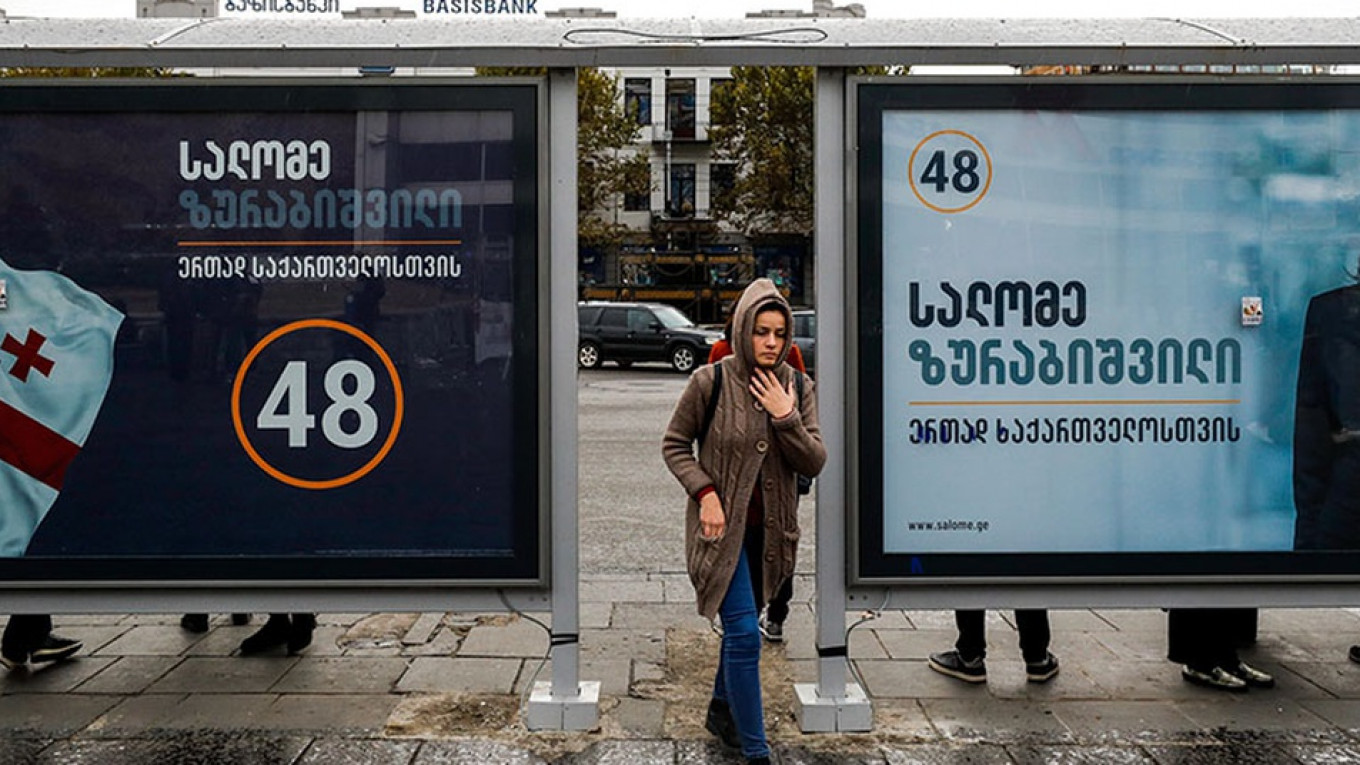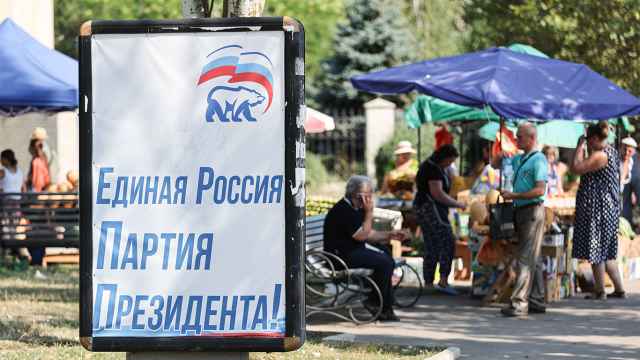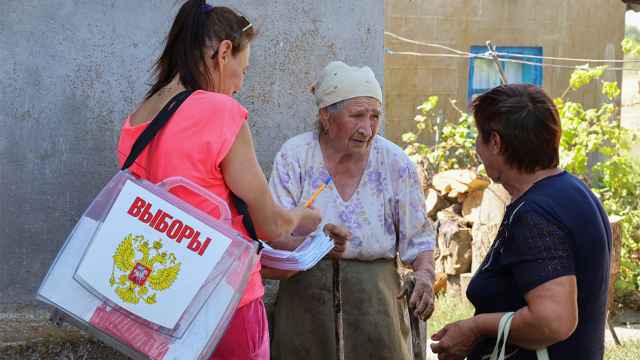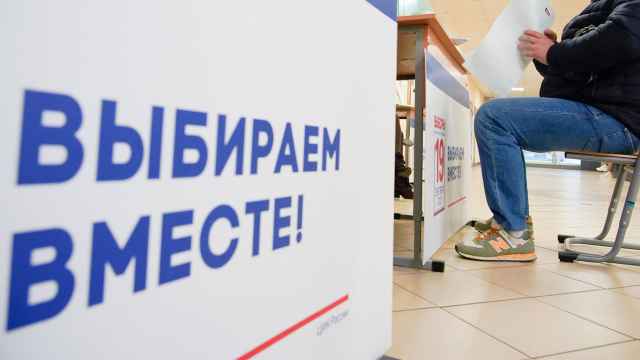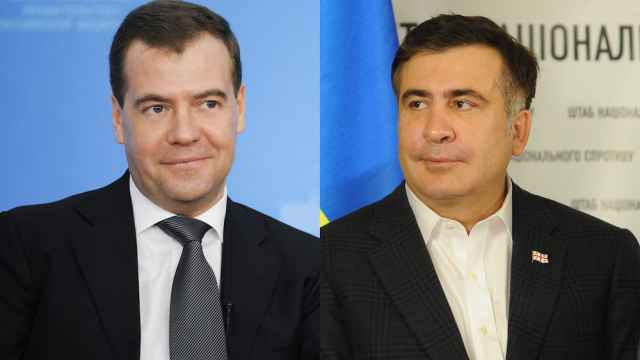When Georgians went to the polls last month in the first round of a presidential election, they sent a clear message that they are dissatisfied with the leadership of the Georgian Dream (GD) government and the leader of that party, billionaire and former Prime Minister Bidzina Ivanishvili.
Salome Zurabashvili, the GD-backed candidate finished second with 37 percent of the vote, one point behind Grigol Vashadze, the candidate from the once disgraced United National Movement (UNM), which governed the country from 2004-2012. Now, the two will meet in a runoff on Nov. 28.
The race is, on some level a grudge match between Ivanishvili and former President Mikheil Saakashvili who is a key backer of Vashadze’s. But despite the limited power of the presidency in Georgia, there is a lot at stake for Georgia and the region.
For Russia, a victory for Zurabashvili would mean a clear continuation of Tbilisi’s policy of diplomatic opposition to Russia, balanced by Tbilisi’s ongoing efforts to de-escalate tensions between the two countries while avoiding saber rattling.
A victory for Vashadze, on the other hand, could usher in a return to the dynamic when Vashadze’s patron, Mikheil Saakashvili, led Georgia. This would mean a ratcheting up of tensions between the two countries, a larger platform for Saakashvili’s consistent anti-Putin rhetoric and a return to hatred tempered by political codependence.
Six years removed from power, the UNM is now poised to either regain a foothold in Georgia or demonstrate beyond all doubt that the days of Misha and the Revolution need to be relegated to the past. For Georgia the crossroads is a clear, if unexciting. In one direction lies the safe, but stagnant option of staying the course. In the other direction lies a return to the UNM, albeit one that claims to have learned from its previous mistakes.
A victory for Zurabashvili, who is currently a slight underdog in the runoff, could well be the final nail in the political coffin of Saakashvili and the UNM. If the UNM cannot win the presidency against an unpopular and uninspiring GD backed candidate six years into the GD’s tenure with the country suffering from an economic slowdown, then it is apparent that they are a spent political force. Thus, a Zurabashvili victory would almost certainly have little impact on the economy or other problems facing Georgia, but would be both a victory for the status quo while demonstrating that it is imperative that the Georgian opposition move beyond the UNM.
Should Vashadze win the runoff, a very possible outcome, politics in Georgia and the region could be shaken up quickly. He has promised that if he wins he will call for new elections, which could open the door to a rapid shift in the Georgian government.
Additionally, both Vashadze and Saakashvili have indicated that a victory for Vashadze would open the door for Saakashvili’s return to Georgia. This raises the very real possibility that Saakashvili could land in Tbilisi airport and be greeted simultaneously by a warm welcome and flowers from the President and with handcuffs and an arrest warrant by the government.
Saakashvili is not popular in Georgia, but he still has a loyal base of support, one that would be very happy to see him return and see his arrest as grievous affront.
These dramatic, but plausible, scenarios could lead to a much less stable Georgia. Some in the GD leadership have even invoked the specter of civil war if Saakashvili should return to Georgia.
That may seem a remote possibility because most of the Georgian people would be very reluctant to pick up arms on behalf of either of two unpopular political movements. Nonetheless, if Saakashvili were to return, civil unrest, a rapid deepening of divisions in Georgian society and a suddenly less welcoming climate for investors would almost be a given.
A less stable Georgia or a return to power by Saakashvili would have a substantial impact on the region, including Russia.
While the current Georgian government has consistently expressed its anger and concern about Russia’s strong support for regimes in Abkhazia and South Ossetia, regions that are still recognized by a huge majority of the world’s countries a Georgian territory, the GD has also sought to ratchet down rhetoric regarding Moscow and has refused to be drawn into violent conflict again.
Should the UNM return to power in any meaningful form, that would change very quickly. Similarly, Saakashvili has grown considerably bellicose and extreme since leaving the Georgian presidency. He has recently even tried to position himself as something of a Georgian Donald Trump.
With no good polling available, the outcome of the runoff is anybody’s guess at the moment.
Lincoln Mitchell is an adjunct associate research scholar at Columbia University’s Arnold A. Saltzman Institute for War and Peace Studies who writes about US-Russia relations, American democracy, the former Soviet Union and baseball. Tinatin Japaridze is an M.A. student at Columbia University’s Harriman Institute, working on U.S.-Russian relations with a focus on cybersecurity and digital diplomacy. The views and opinions expressed in opinion pieces do not necessarily reflect the position of The Moscow Times.
A Message from The Moscow Times:
Dear readers,
We are facing unprecedented challenges. Russia's Prosecutor General's Office has designated The Moscow Times as an "undesirable" organization, criminalizing our work and putting our staff at risk of prosecution. This follows our earlier unjust labeling as a "foreign agent."
These actions are direct attempts to silence independent journalism in Russia. The authorities claim our work "discredits the decisions of the Russian leadership." We see things differently: we strive to provide accurate, unbiased reporting on Russia.
We, the journalists of The Moscow Times, refuse to be silenced. But to continue our work, we need your help.
Your support, no matter how small, makes a world of difference. If you can, please support us monthly starting from just $2. It's quick to set up, and every contribution makes a significant impact.
By supporting The Moscow Times, you're defending open, independent journalism in the face of repression. Thank you for standing with us.
Remind me later.



